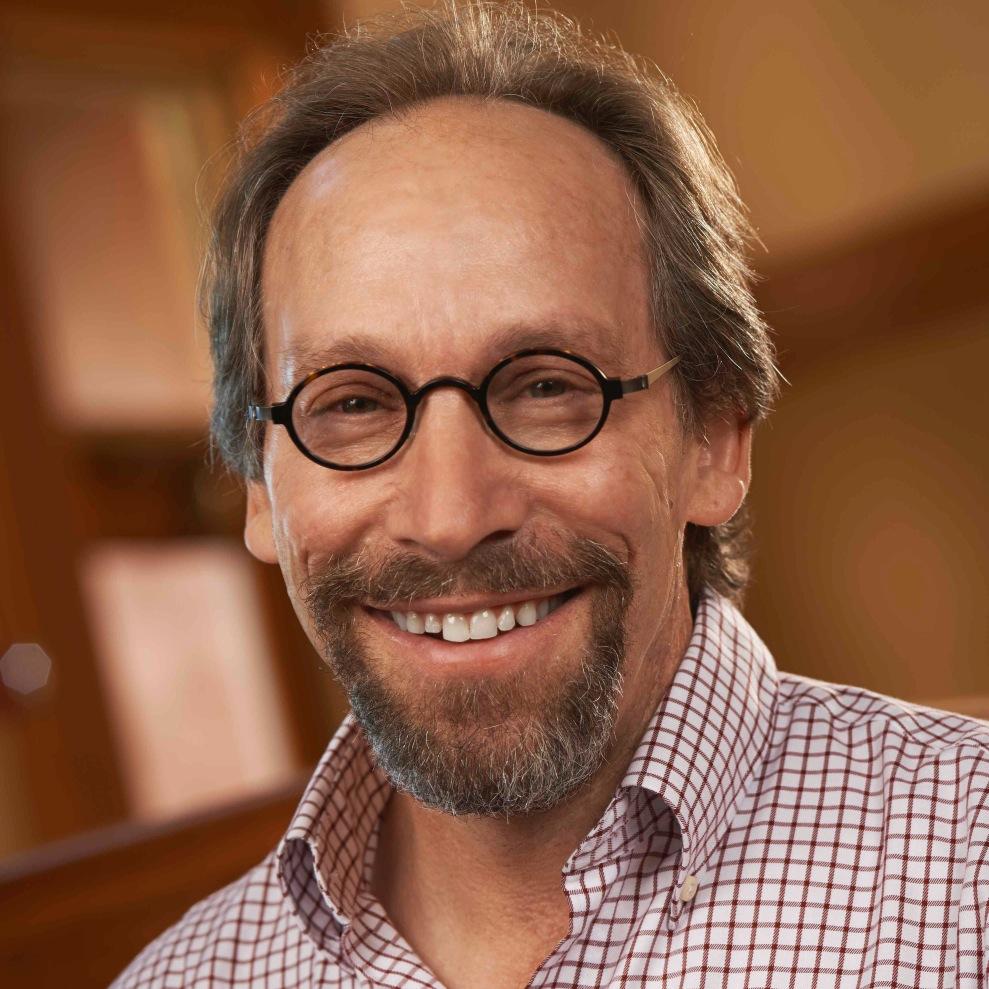Have you heard of Humanism? Upon reading the Nov/Dec 2015 edition of The Humanist published by the American Humanist Association, I learned a lot about the tenets of Humanism. In this edition, I was particularly moved by the article adapted from the 2015 Humanist of the Year award acceptance speech by theoretical physicist, Lawrence Krauss.
The Definition of Humanism
First, Humanism, as the American Humanist Association defines it:
Humanism is a rational philosophy informed by science, inspired by art, and motivated by compassion. Affirming the dignity of each human being, it supports liberty and opportunity consonant with social and planetary responsibility. Free of theism and other supernatural beliefs, humanism derives the goals of life from human need and interest rather than from theological or ideological abstractions, and asserts that humanity must take responsibility for its own destiny.
Question Everything
In his speech, Krauss goes into the primary purpose of education as teaching students how to distinguish between fact and fantasy. He contends that, “The most important goal in educating our children should be to encourage them to question everything, to not be satisfied with unsubstantiated claims, and to be skeptical of a priori beliefs.” Basically he is saying it’s education’s job to encourage skeptical thinking.
He is speaking to beliefs associated with religion in particular. In his speech he talks about young people who do just that – question what they have been told in this regard. One 27-year-old who wrote him said that that it was the learning of science that finally liberated him from the “specter of fundamentalism.” Others have written him about they feel isolated as a result of rejecting religion and finding instead, a love of science. He encourages helping people who have questioned what they have been told to realize that they are not alone.
While Krauss is largely challenging religious beliefs as the way to understand the world, the idea of questioning applies to other systems of beliefs. What we are taught to believe about parenthood and reproduction deserve questioning as well. In The Baby Matrix, I examine a set of beliefs called pronatalism, which has driven how people think about having children for generations. We need to question a host of assumptions, such as:
- We all have an instinctual desire to want children.
- There is something ‘wrong’ with us if we don’t want to have children.
- Women do not reach ‘true’ womanhood unless they become mothers.
- The path to ‘true’ fulfillment in life is parenthood.
- If I don’t have children, I will have no one there for me when I am old.
These are just a few. When it comes to these kinds of beliefs – and that is all they are – it serves us to approach them with a Humanist’s educational approach. When we learn how and why pronatalism has been in our social cultural hardware for generations, we can see through to the reals truths. Like a Humanist’s approach to learning, when we question pronatalist social and cultural norms and beliefs, we can better create our lives based on what is true, and not merely what we are told is “so.”

